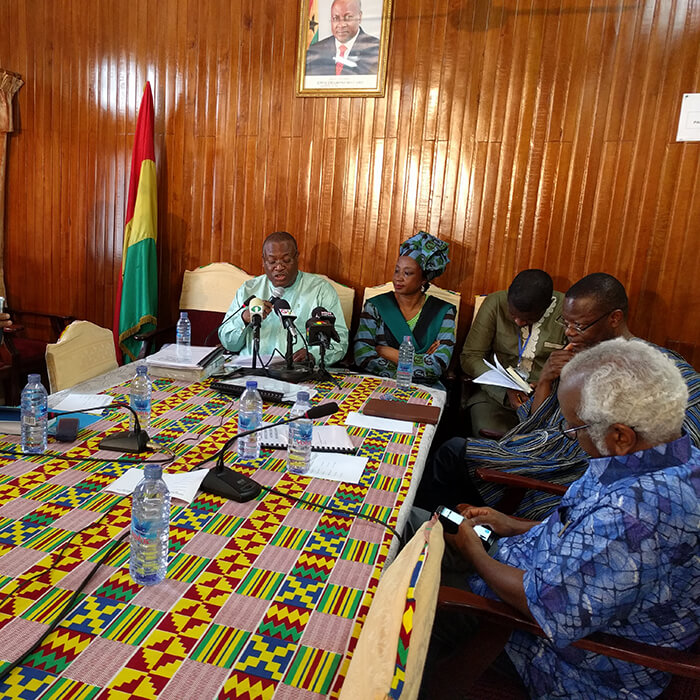The Ghana National Health Insurance Scheme (NHIS), set up by Acts 650 (2003)and 852 (2012), has made considerable strides in terms of offering affordable health care to millions of poor and vulnerable people in the country. It continues to be the most important social intervention in the health sector in the country’s history. The NHIS also has some great design features that are working well for its beneficiaries and the country and should be preserved:
- The most important by far is the reduced fragmentation within the insurance system signified by the single purchaser and single pool for the benefit package
- The reliance on a publicly financed social health insurance, not individual premiums, is in keeping with best practice in equitable health financing design
- The equitable benefit package for all members without distinction is a huge step forward that most African countries attempting to implement UHC schemes can only envy
In response to these challenges, His Excellency the President established the NHIS Technical Review Committee, chaired by Results for Development Senior Program Director Dr. Chris Atim. The committee was tasked with reviewing the design and operations of the scheme and coming up with findings and recommendations to improve upon its sustainability, efficiency, equity and accountability as well as user satisfaction and responsiveness. At the end of its review work and deliberations, the committee shared several key findings which are presented in this report.
Download an executive summary of the report by clicking the download button above, or download the full report here.














